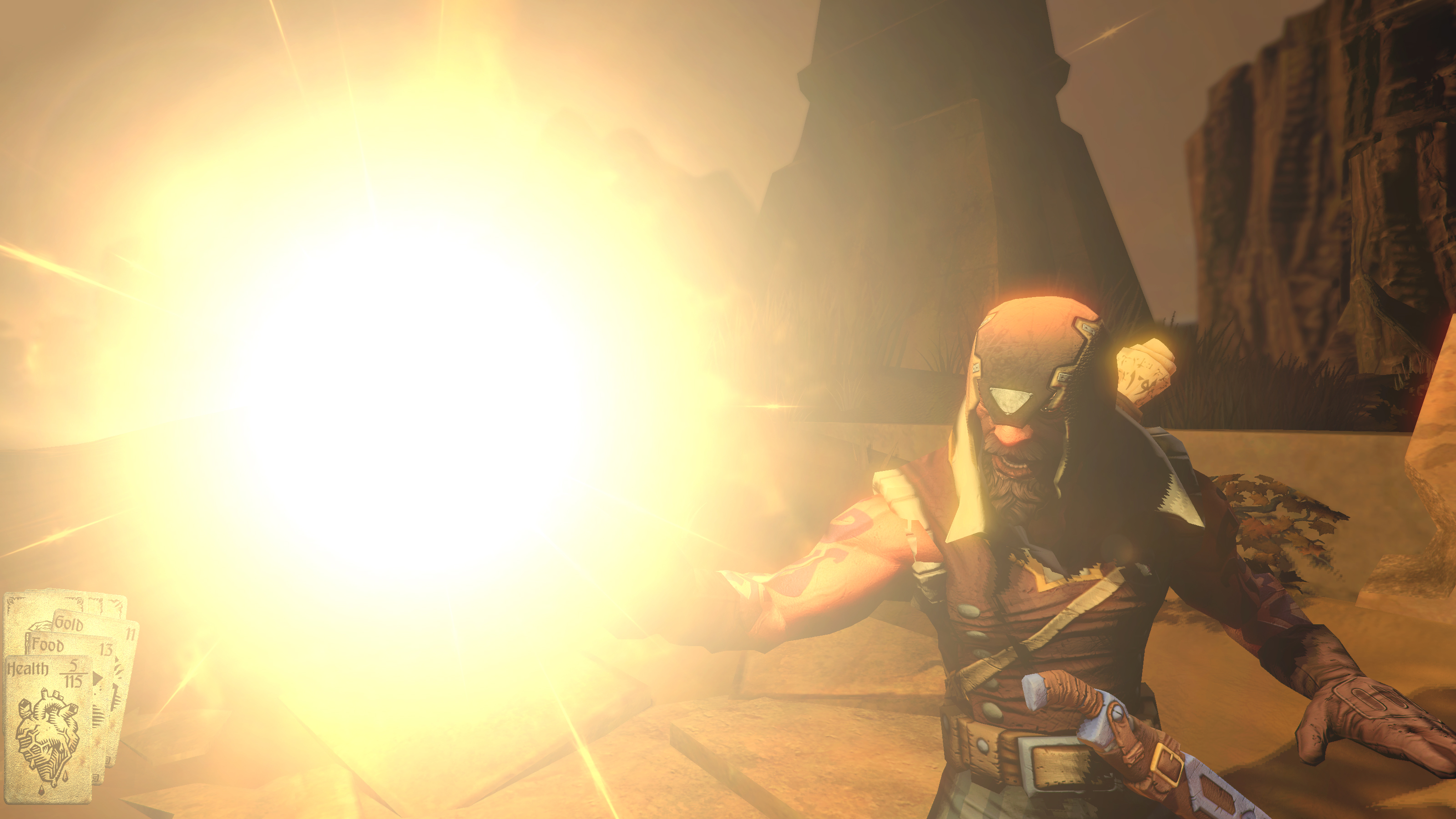
It’s all in character, though – you’re duelling a vaguely malevolent wizard in some dark fantasy land, not meeting Ian from Accounts in the darkest corner of The Red Lion.
HAND OF FATE BOARD GAME PAX FULL
The little bowl full of tokens, the unused cards pushed to one side, the carry case full of stored decks. Where something like Magic The Gathering: Duels of the Planeswalkers simply does as this as pretend cards on the screen, this goes all out to show the physical minutiae of play. Hand of Fate does cut to hack’n’slash fantasy combat, using a looser, simpler take on the Batman: Arkham games’ counter/combo system (more on which shortly), but in the main it’s a simulation of a collectible card game. You might be trying to best each other, but you’re experiencing this adventure together. And yet, he also feels like an ally in the joy of playing the game. You’re not just playing a game, you’re playing a game against a masked dick who thinks he knows it all. While lines do noticeably repeat by around about Hand of Fate’s halfway point (some three or four hours in, if that’s your metric for a game’s worth, though even then you're very likely to go back and revisit old opponents with new cards in hand), whatever tombola they’re stored in chucks them out in random enough combinations that it really works. This is, for the most part, a masterclass in a single character’s sustained dialogue holding a whole game together. Where other RPGs (I loosely stick this in there, but there is as yet no safe phrase for what’s an ever-broader genre that flirts with roleplaying essentials) bulk their hours of play up with sprawling, flabby lore and cutscene, this is dedicated to a single cause and backs that up with tight, compulsive mechanics. There are so many spoken (and well-written) words here, but all with one aim: sell the character. The cards you draw and transitory enemies you battle are merely a means to that end. He looks like Raistlin but sounds like Sean Pertwee (though what I strongly suspect to be an Australian accent irregularly breaks through the faux-Brit), and while he’s almost avuncular at times, the desire to defeat this smug SOB who quietly revels in your misfortune can become overwhelming. Throughout the game, before and after almost every action you take, he’ll offer a warning, sneering chastisement or grudging respect. There are many things that Hand of Fate does rather well, but the standout is that you spend so much of the game staring at this guy: They’ll often offer us someone we want to defeat because they’re shown to do terrible things or have a skull for a face, but they very rarely offer us someone we want to defeat purely because they are our rival. Videogames, usually, offer us the canned, meaningless soundbytes of a hundred thousand slain foes, but they don’t often offer us a single, overarching opponent who lets slip irritation or indulges in crowing. It becomes a true contest, its cards and dice these physical extensions of your will to defeat another lifeform.


It’s because having an opponent who voices their frustration and exhilaration as the game goes for or against them makes it seem so much more than it is.

HAND OF FATE BOARD GAME PAX HOW TO
The reason I so often want to play boardgames despite having a hard drive full of more videogames than I could ever hope to complete isn’t simply because occasional contact with other human beings is unfortunately necessary in order to remember how to talk. Hand of Fate is a CCG/roguelite in which a masked, magical figure challenges you to play an increasingly deadly card game against him, switching to high-speed, stabby third-person combat whenever you get into a fight.


 0 kommentar(er)
0 kommentar(er)
